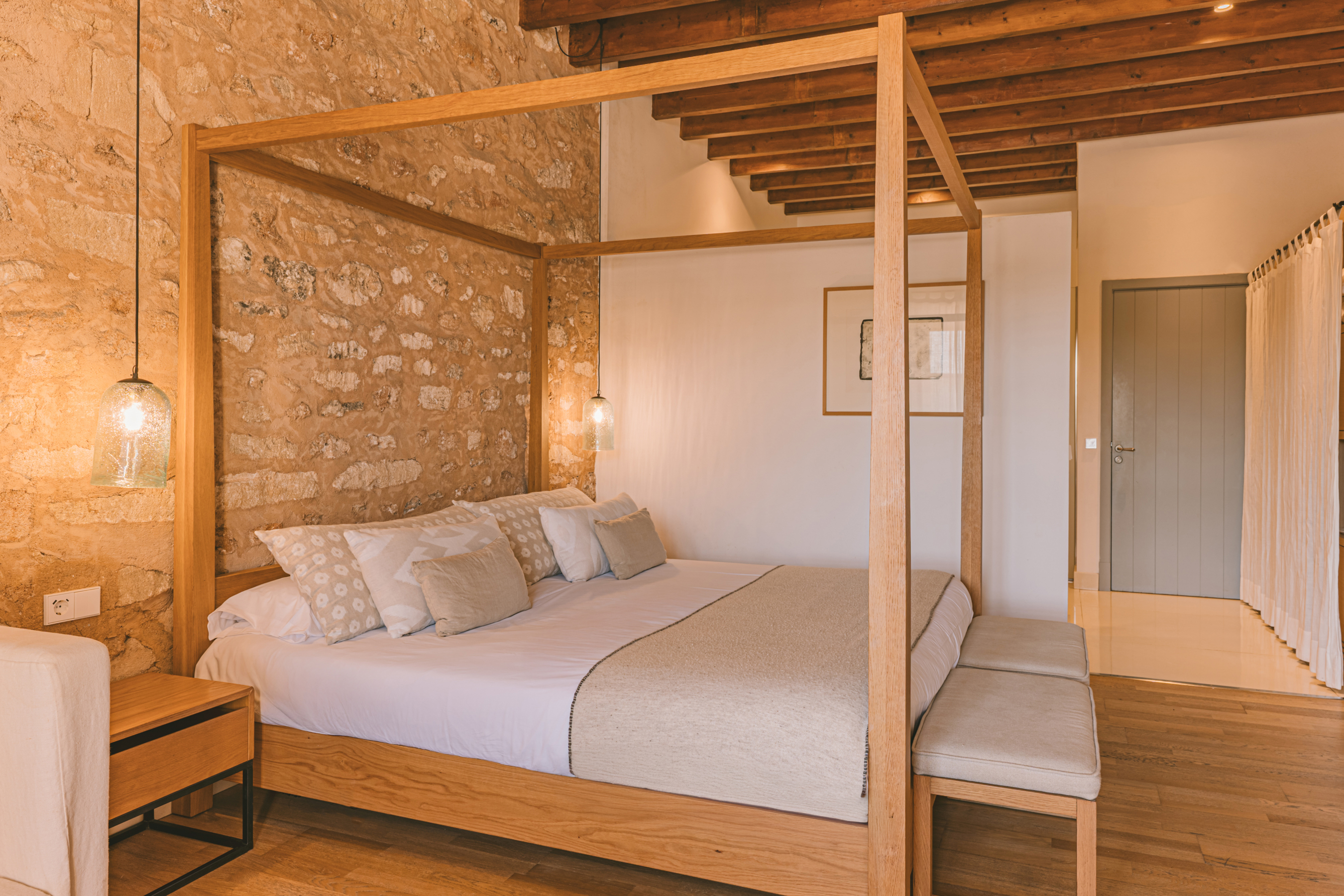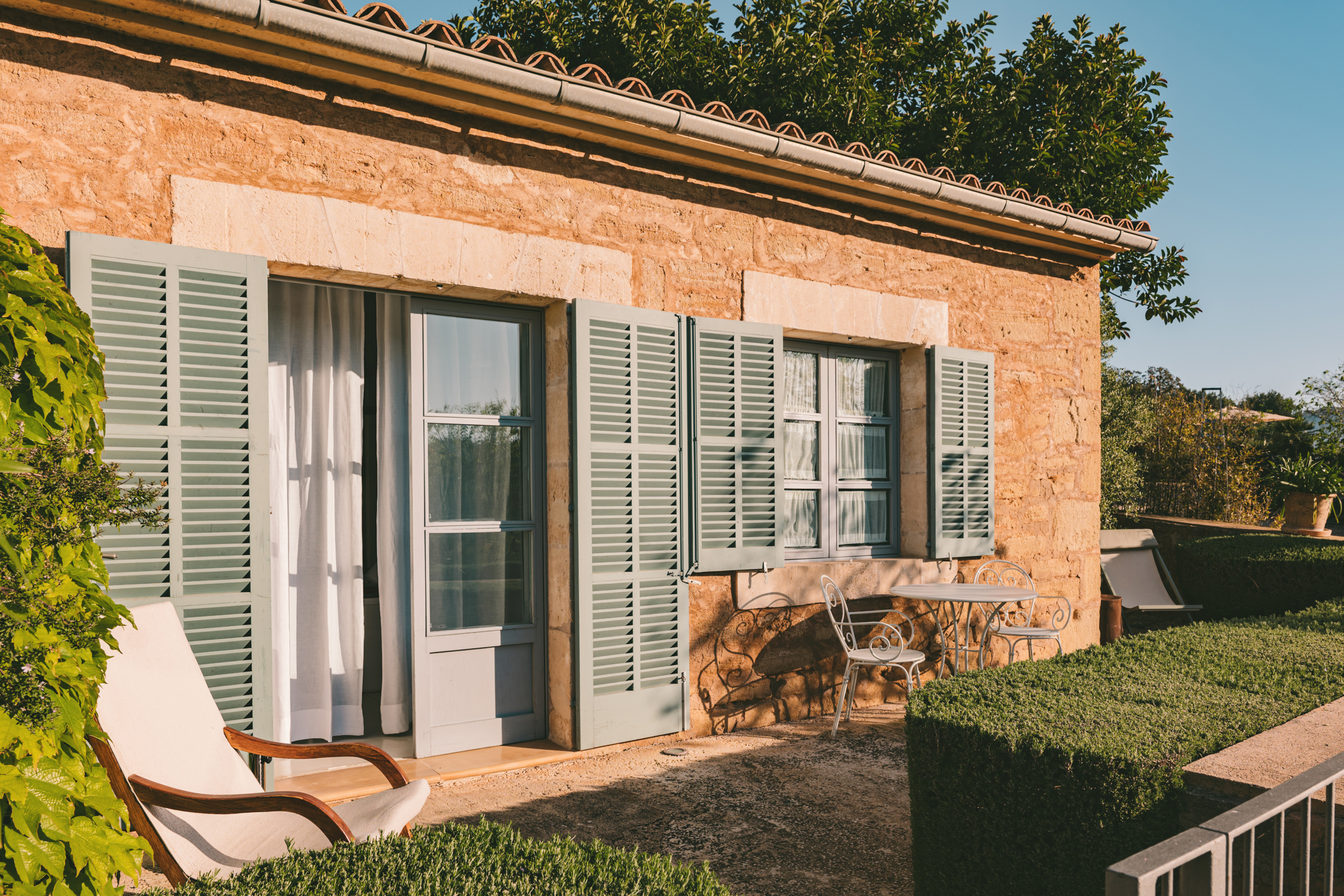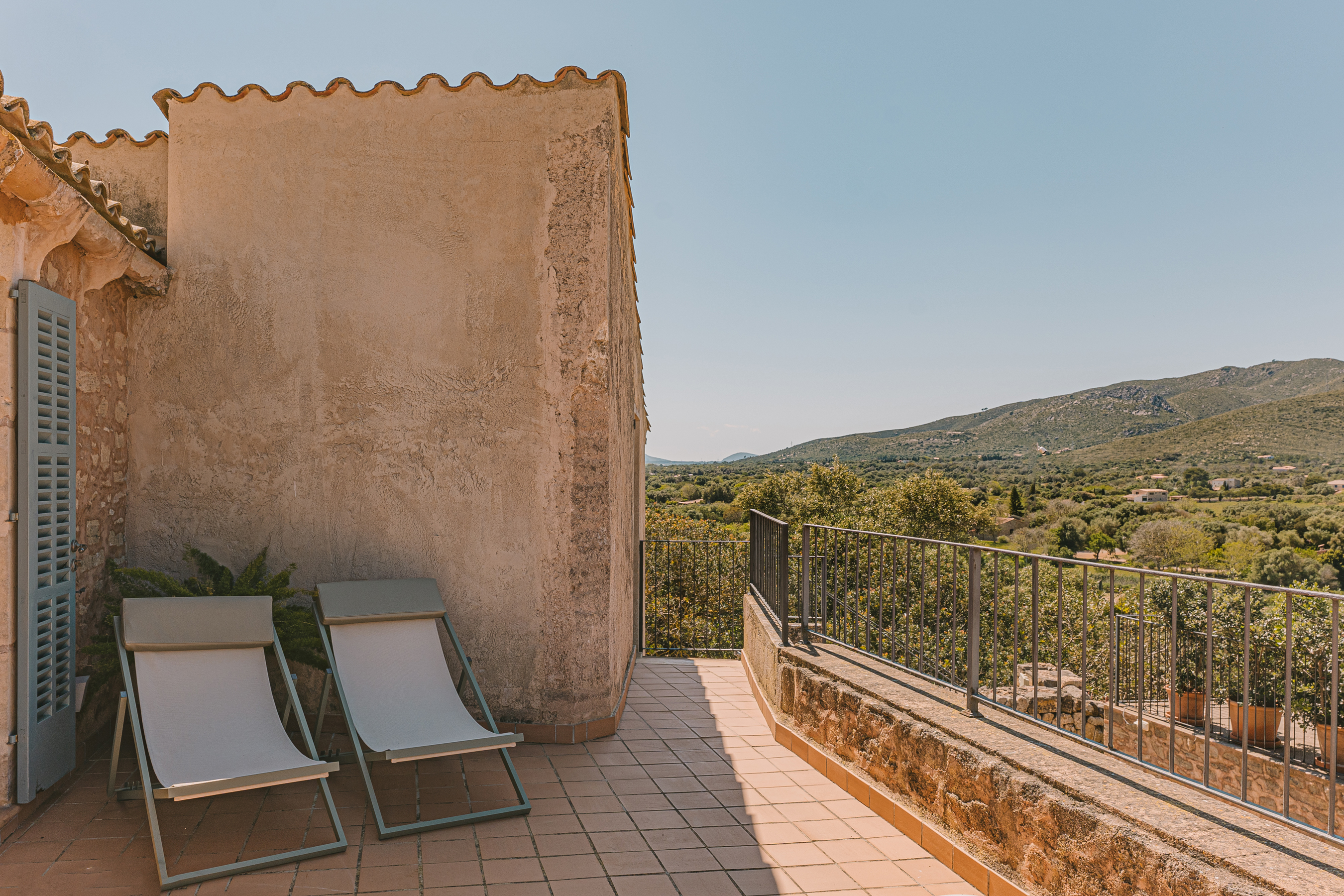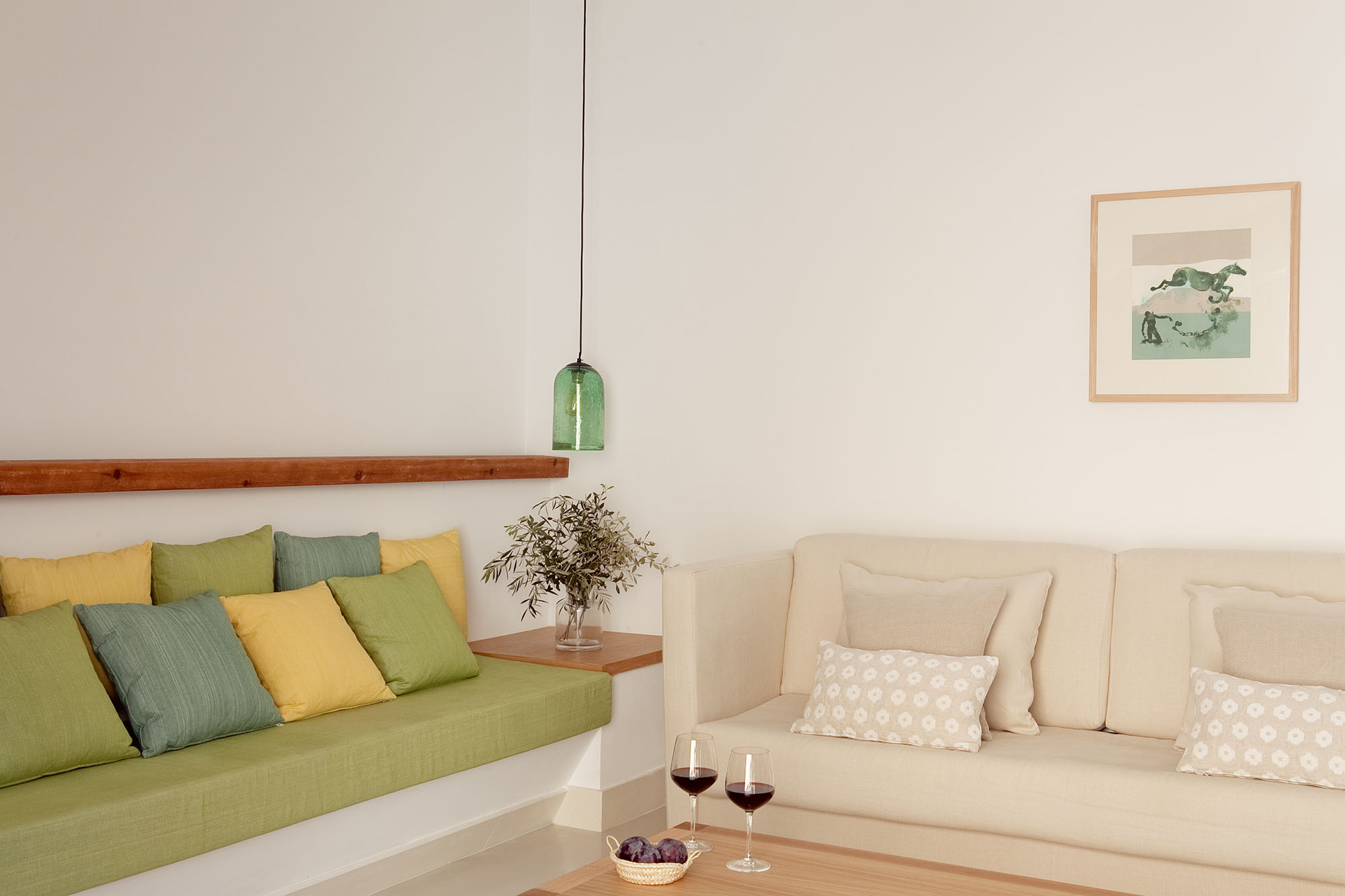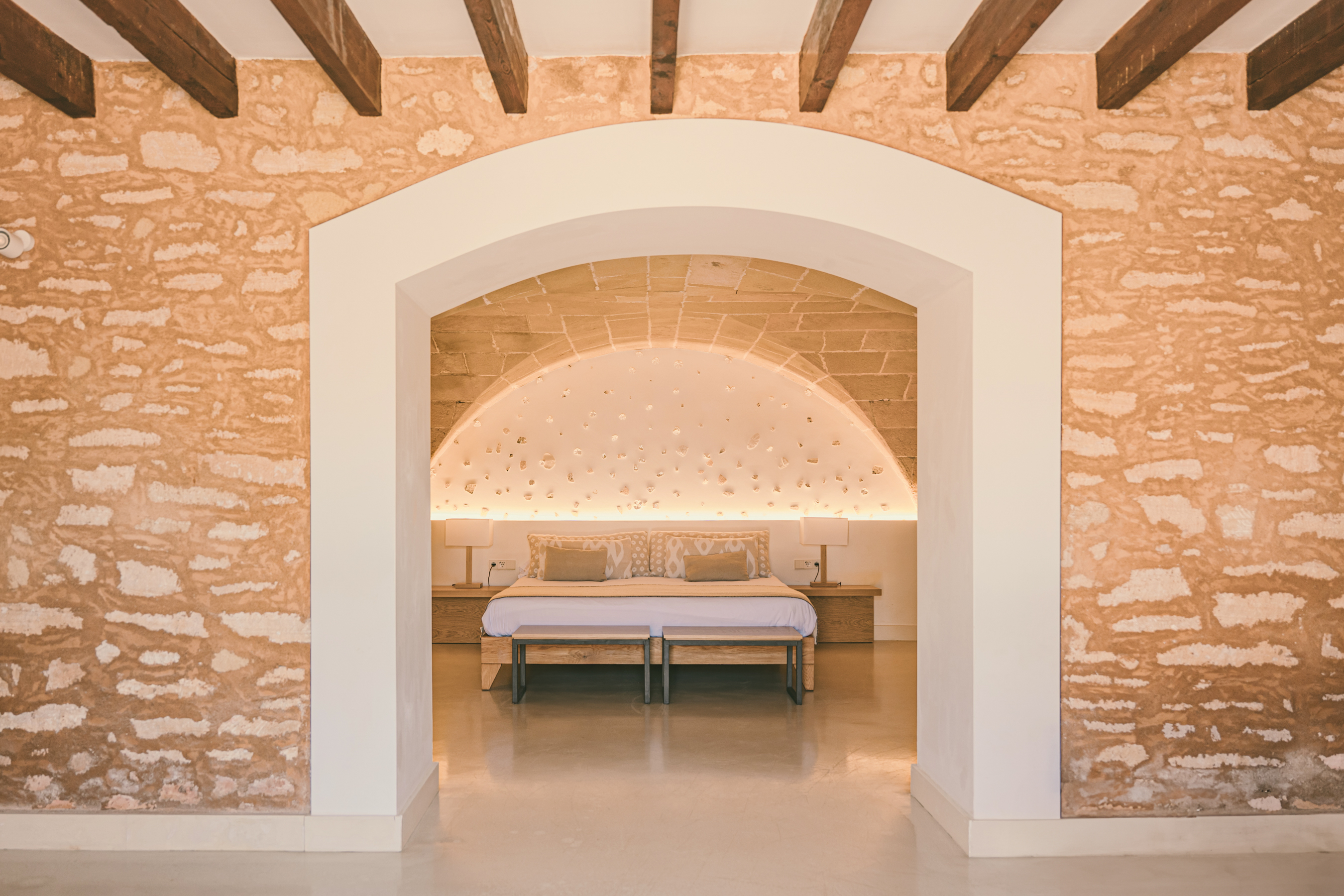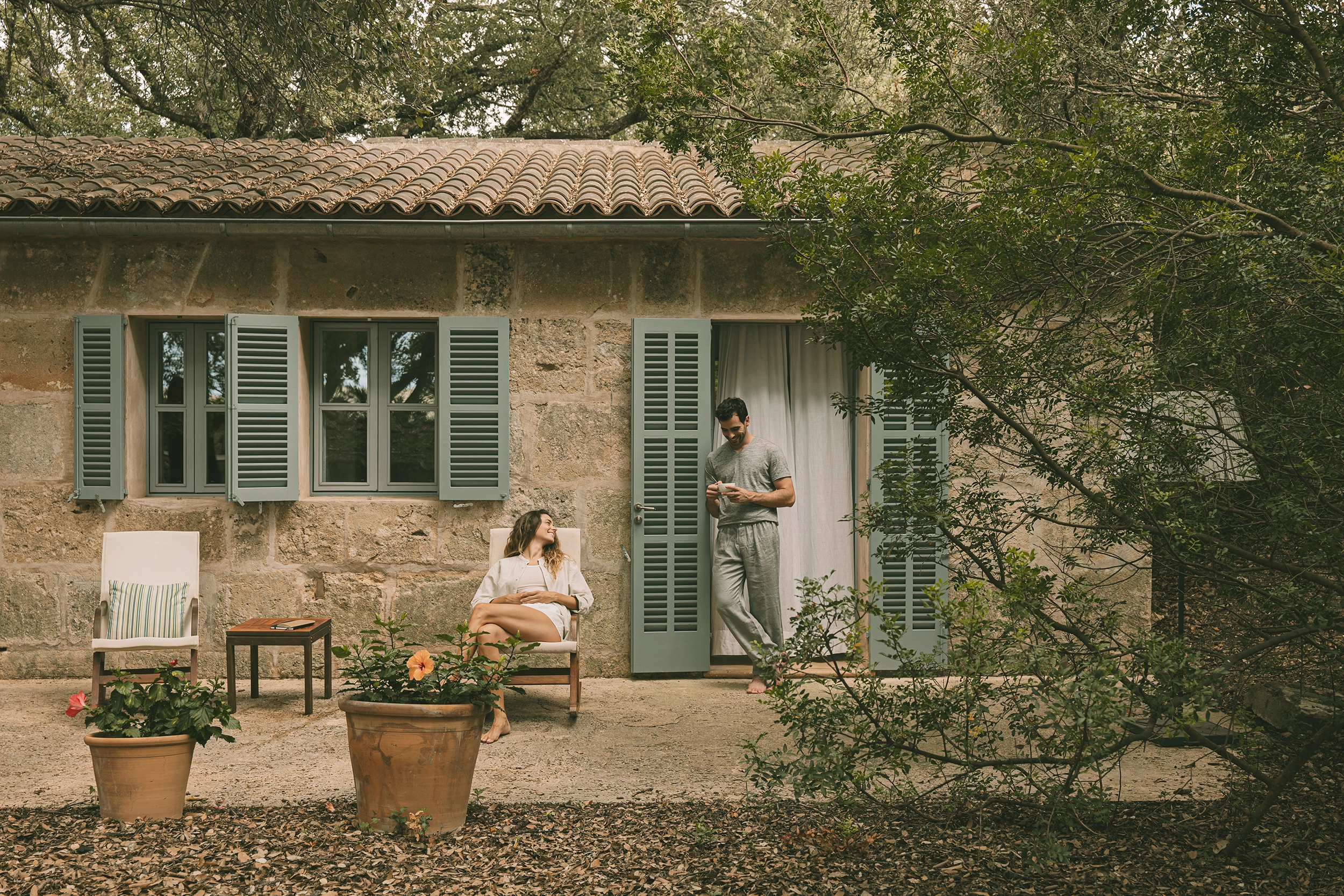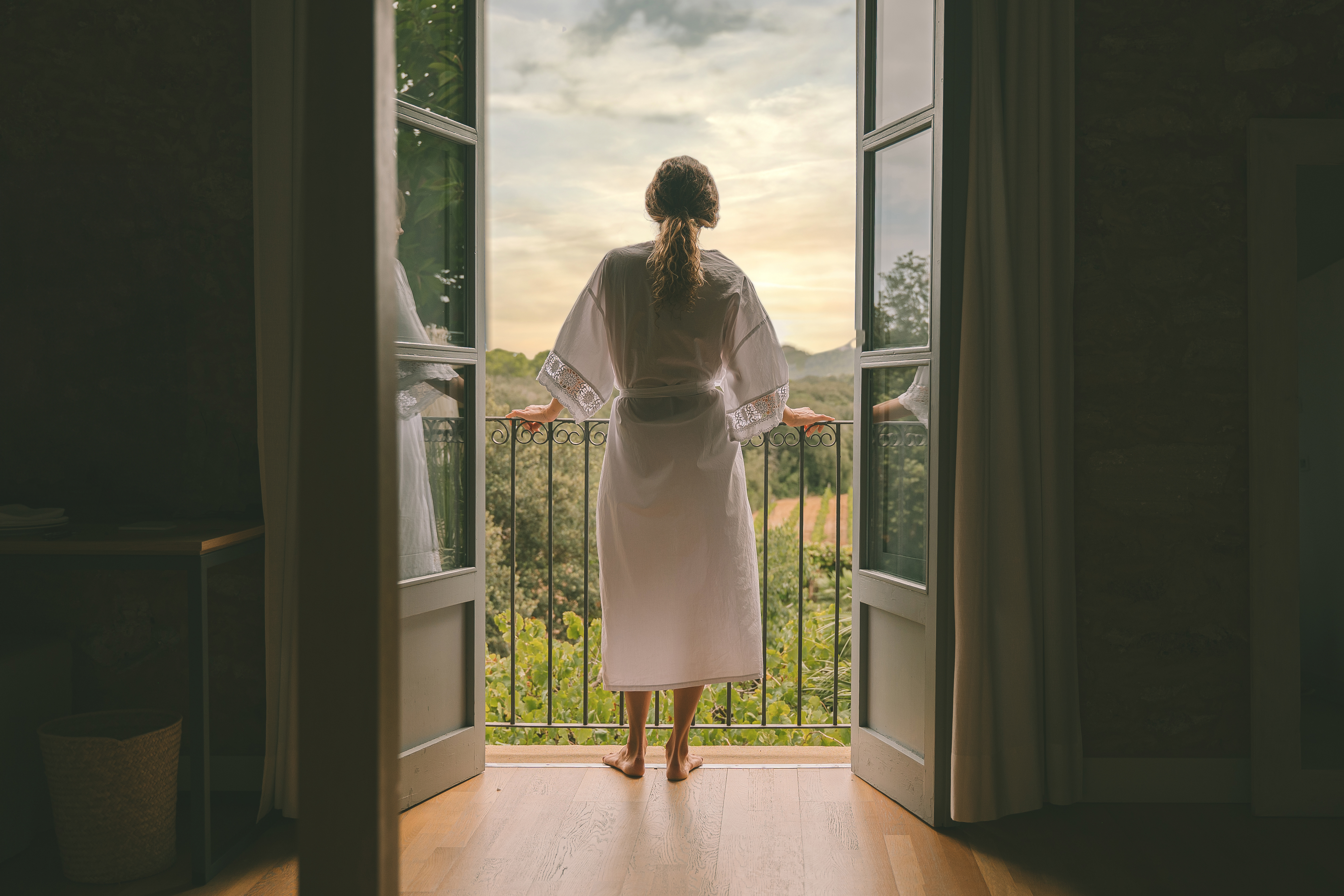1/18/24
Mindfulness: A Path to Inner Peace
In a world that moves at a rapid pace, where technology and daily obligations keep us in a constant state of activity and stress, finding moments of tranquility and reflection becomes increasingly necessary. This is where Mindfulness comes into play, a practice that invites us to pause, breathe, and deeply connect with the present. Rooted in Buddhist traditions and now backed by modern science, this ancient art of mindful attention is much more than a simple meditation technique. It is a life philosophy that can transform our relationship with ourselves and the world around us.
In this post, we will share what Mindfulness is, how it works, and how you can incorporate it into your daily life to find that sought-after peace amidst the chaos.
Mindfulness: What Is It?
What exactly is mindfulness? At its core, mindfulness is a practice that involves paying intentional and non-judgmental attention to the present. It is a state of active, open, and centered awareness in the present moment. By practicing mindfulness, you become aware of your thoughts and feelings without judging whether they are good or bad. Instead of letting your life pass unnoticed, mindfulness means living in the moment and awakening to experience.
The mindfulness technique has its roots in Buddhist traditions but has been adapted for use in a variety of mental and physical health contexts worldwide. Regular mindfulness practice has been shown to reduce stress, improve concentration, increase empathy and self-awareness, and enhance overall physical and mental health.
Tips for Practicing Mindfulness
Practicing mindfulness may seem daunting at first, but it is actually quite simple. Here are some tips that can help you get started if you are venturing into the world of mindfulness:
Start Slow
You don't need to meditate for hours to reap the benefits of mindfulness. Even a few minutes each day can make a significant difference. Try dedicating five minutes each morning or evening to mindful meditation, gradually increasing this time as you become more comfortable.
Find a Quiet Place
It's important to find a place where you can practice mindfulness without distractions. This could be a quiet room in your home, a nearby park, or even your car. Choose a place where you feel comfortable and relaxed.
Focus on Your Breath
Breathing is a great way to center your mind and enter a state of mindfulness. Try inhaling slowly through your nose, holding your breath for a few seconds, then exhaling slowly through your mouth. Focus on how the air feels entering and leaving your body.
Don't Judge Your Thoughts
One of the most important aspects of mindfulness is learning to observe your thoughts without judgment. If you notice your mind wandering, simply acknowledge it and gently return to your focus on breathing.
Be Patient with Yourself
Mindfulness practice is a journey, not a destination. Don't get frustrated if you don't see immediate results. Remember, the goal is not to empty the mind but to pay attention to the present without judgment.
If you find yourself spending a few days on vacation away from your usual environment, practicing mindfulness is not complicated. You can choose accommodation that allows you to relax and disconnect, such as our Hotel Rural Predi Son Jaumell, a historic accommodation surrounded by ancient oak forests, seamlessly combining rural tourism and comfort (as we provide all the services you need: 24-hour reception, pool, fully equipped rooms with a whirlpool bath, bathrobes, air conditioning, restaurant, etc.) in a unique natural setting.
In summary, mindfulness is a powerful tool to enhance your mental and physical well-being. By practicing it regularly, you can learn to live in the present, reduce stress, and find greater peace and happiness in your daily life.
In conclusion, mindfulness is more than just a relaxation technique. It is a life philosophy that can help you live more fully and consciously. So, why not give it a try? You might be surprised at how much it can change your life.

